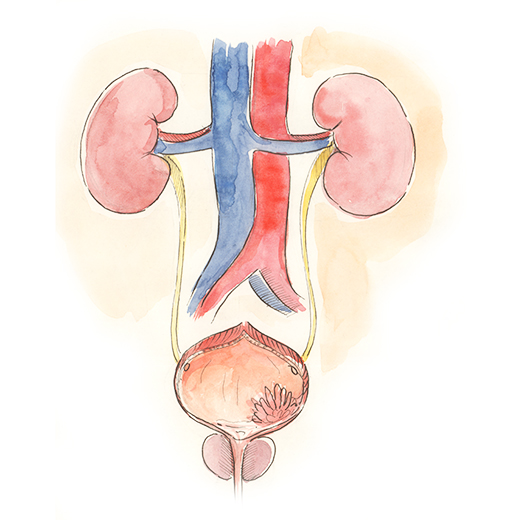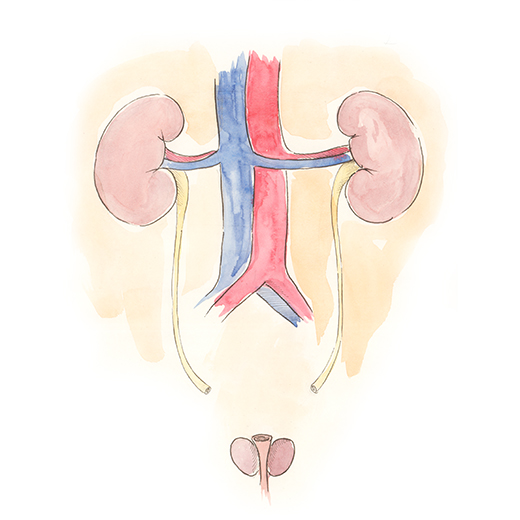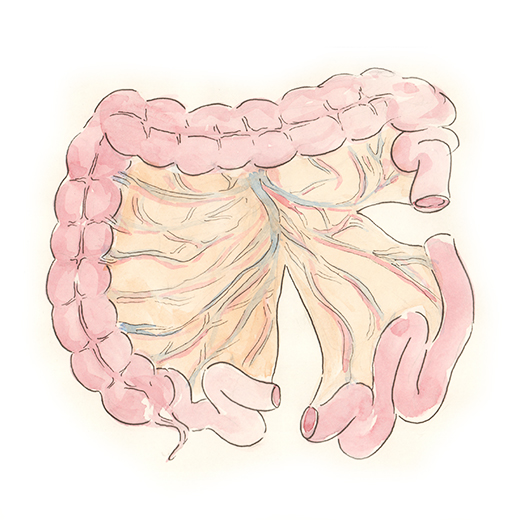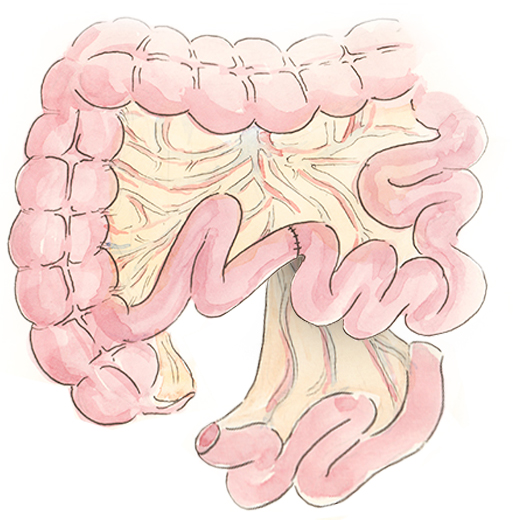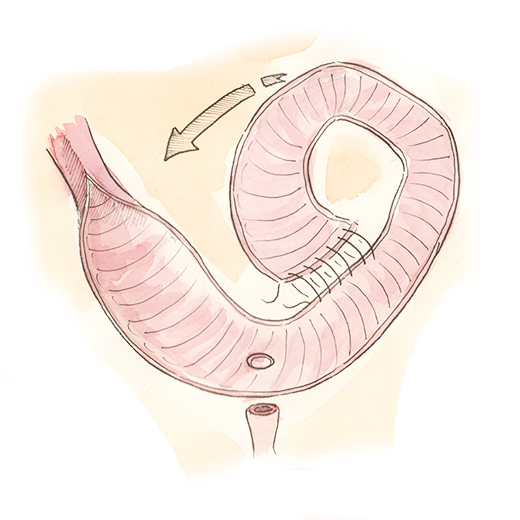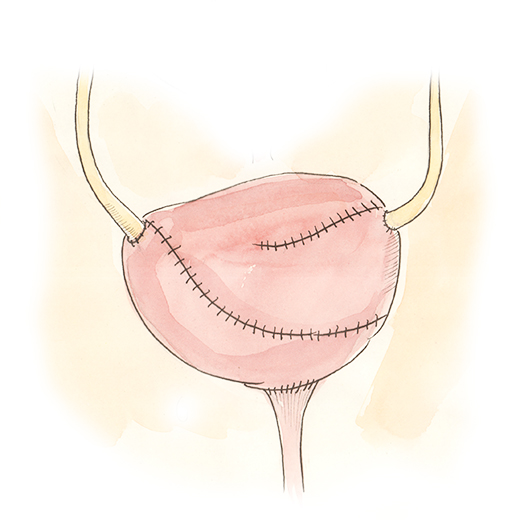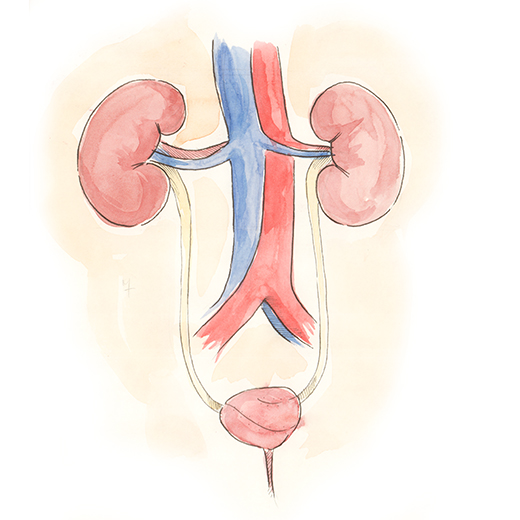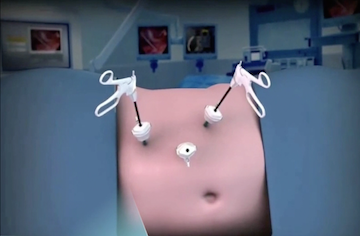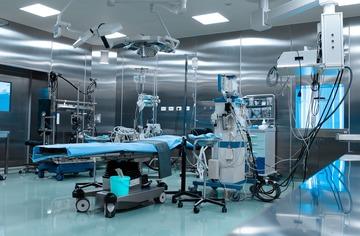Bladder Cancer in Men
Bladder cancer is 3 to 5 times more common in men than it is in women. Causes, prognosis and complications as well as treatment methods of bladder cancer in men differ from those in women and I will talk about it in this article.
Origins of bladder cancer
The development of this condition in both men and women usually goes unnoticed. There is no pain, no burning and no other symptoms apart from blood in the urine in a seemingly perfectly healthy person. “Nothing bothered me and then suddenly I noticed there was blood instead of urine when I went to the loo”. “I had a regular check-up and they found white blood cells in my urine so they sent me to see you”. These are some of the common complaints of my patients who come to me with this condition.

Who do men suffer from this disease more often? Do the stages differ in men and women? What are the reasons for cancers developing in men and women? What are the causes of bladder cancer? Are there any specific signs of bladder cancer in men? The key to answering these questions is understanding the mechanisms of bladder cancer as demonstrated in the video below.
Development of bladder cancer - video

Signs and symptoms of bladder cancer in men
…- Not a single symptom, nothing at all. After I gave up smoking I started running every day, lost nearly 20 kg of weight. I didn’t even have any erection problems. How did this happen? The patients sitting before me is 56 years old. He doesn’t look much older than 40. His questions are quite predictable but really, like any other patient with a cancer diagnosis he is only interested in one thing: “What is the life expectancy with bladder cancer?”
- Look, Michael, - I draw a diagram of how the tumour develops and possible ways if metastasising, we need to assess the stage and check you over. According to your ultrasound report you have a 3-4cm bladder tumour on the side wall. It is not blocking the ureter and this is why there is no kidney pain. The kidney is not yet deteriorating and that is why there is no blood in the urine.
- And why is the bladder not hurting?
- Tumours don’t hurt, Michael. On the list of cancer symptoms for any organ pain is nearly always last on the list.
-Doctor… How long?
I take off my glasses and close my eyes for a moment. How long do people live with bladder cancer? I can tell him about the statistics or I can use terms like “5-year survival” or “cancer specific mortality rates”…But does he really need this? When my relatives were ill this was not quite the answer I was looking for. And somehow, I know that he does not need this sort of answer either. I put my glasses back on and look him in the eye.
- Listen…I have never been that great at choosing the right words so please bear with me. Don’t start planning your funeral just yet. If you are on my side and against this disease we will beat it. If you take the cancer’s side it will win.
- Ok, what do I need to know?
- You need to know that I am sending you for a MRI scan to assess your lymph nodes and also for a TUR, a transurethral resection of the tumour. This will allow us to determine if it is actually cancer and assess the stage which will help us know more about the prognosis.
Diagnosis of bladder cancer
In our clinic we adhere to the latest European recommendations in terms of bladder cancer diagnosis. Because determining the stage of the disease is the most important thing when choosing treatment options, we carry out a number of tests on the day the patient is admitted.
Diagnostic - Table
This is a screening test that allows us to see any tumours present in the bladder. Usually most patients arrive with their own ultrasound reports but we always double check using our modern state
This would seem a pretty standard test but it is very important as it shows conсealed blood in the urine. If necessary a сystology test can be carried out in order to detect the presence of any malignant cells.
This is one of the most important investigations which allows us to assess the degree of tumour penetration into the organ and any metastasis into the lymph nodes. We always assess the condition of all pelvic lymph nodes because prognosis often depends on these parameters.
Unfortunately, the size of the bladder tumour does not affect it’s possible spreading (metastasising) into the lungs. And for this reason, to be able to rule out the spread of bladder cancer into the lungs we carry out a very high standard CT.
This investigation is the most important one. The aim is to remove the tumour endoscopically with all the subjacent tissue and follow up with a histological investigation. TUR is used as a treatment method for the first stage of bladder cancer and for all other stages it is a necessary diagnostic test. The video is shown below.
Histological investigation of the tumour is the most important event in the process of determining the stage and deciding on the treatment. We always carry out double controlled investigations and in the event of non-matching results we involve our German colleagues to confirm the diagnosis.
Video of TUR biopsy of bladder tumour
Transurethral resection of bladder tumour is paramount in the process of diagnosis and staging bladder tumour. For the first stage of bladder cancer this surgery acts as treatment as if the tumour has not yet penetrated the mucous membrane it is possible to avoid removing the bladder.
TUR biopsy of the so-called prostatic urethra is also very important. It is important to understand that all of the stages of this disease (apart from the first stage) require bladder removal as the main form of treatment. And here we have to decide whether to remove the prostate. TUR biopsy of the prostatic urethra allows us to answer this question.
SAVING THE PROSTATE WHILE REMOVING THE BLADDER HELPS ACHIEVE GOOD QUALITY OF LIFE
Bladder cancer treatment in men
Bladder cancer treatment in both men and women depends on the stage of the tumour. However, there is a set of features that is specific to diagnosing and treating men.
1st stage of bladder cancer in men
1st stage of bladder cancer means the tumour has penetrated only the mucus layer. When diagnosing men, it is important to examine the whole mucus membrane of the urethra and the bladder. If more tumours are detected treatment options might change dramatically.
2nd stage of bladder cancer in men
During 2nd stage when the tumour has penetrated the muscle layer the only radical treatment option is surgical removal of the bladder and pelvic lymph nodes. At this point arises the question of the possibility of saving the prostate and reconstructing the bladder using part of the bowel.
3rd and 4th stages of bladder cancer in men
At this stage the tumour has spread beyond the bladder and combined treatment is required. This means starting with chemotherapy and then making a decision about removing the bladder.

Surgical removal of the bladder in men with bladder cancer
…- Is it the in the 2nd stage? Will we be able to avoid removing the bladder?
- I am afraid not, Michael. It is true that the lymph nodes are not enlarged, and that the cancer has not metastasised into the lungs or the bones, but in the 2nd stage removal of the bladder is essential. But the good news is that the prostatic urethra is not affected by the tumor so it is possible to save the prostate.
- Will I remain a man?
- Even better, you will be able to also hold urine.
- But where? I will have no bladder. I have read that when the bladder is removed artificial outlet is created for the ureters and this means walking around with tubes attached.
- Yes, and dying a year later from a urine infection. No, I am not intending on performing a ureterostomy in your case. We will make you a new bladder using a part of your bowel.
- How is this possible?
- Well, basically, we take a segment of your bowel and saw up a balloon from it. We attach the ureters to this balloon and the urine starts flowing into it. At the bottom we connect the balloon to the urethra. And if we save the prostate you will be able to urinate almost normally.
-Almost?
-Yes, almost. Bladder cancer in men does not happen without complications, Michael. You will have to press on your abdomen during urination and will need to learn to feel when your new bladder fills up.
Bladder reconstruction
The consequences of surgical bladder removal are so serious that some patients prefer not to fight the disease. Just imagine life with tubes sticking out, constant urine leakage, recurring infections, and these are just a few of many problems a patient faces after bladder removal. This is why we always try to reconstruct the bladder using parts of the bowel. Yes, one needs to get used to their new bladder and in the first six months there will be no full bladder feeling and it will be necessary to urinate by pressing on the abdomen and chose a comfortable position for urination. But this will pass. This inconvenience is nothing compared to having to use containers for urine collection and having tubes sticking out of you.

...- Michael! Please come in. And tell me the good news! How are you urinating?
- Well…I have to lean forward a bit and press on the abdomen just like you said I would need to. Apart from this no problems at all.
- Excellent! Have you had the urine retention detection ultrasound? Let’s have a look.
The patient hands me a folder containing post-operative test results. There is no emotion there, dry facts and numbers: minimal retained urine, creatinine is normal, no stones in the bladder.
MRI does not show any recurrent tumours.
Sometimes I think these big victories are draining. We avoided the 27% risk of complications, we performed a complicated surgical procedure which included removal of the bladder with neocytoplasty, the patient is healthy again and his only complaint is having to lean forward to urinate.
I smile at my patient. Almost all my patients become good acquaintances or sometimes even friends because it is very difficult to walk on the edge of life and remain impartial.
- Do you consider yourself an invalid? – I ask this standard question. I must ask it and I can predict what the answer will be.
- Not at all, - my patient laughs. Even my sex life is great.
- I am very happy for you Michael. I shake his hand. - Everything will be fine! I know it.
Professional approach: modern cancer treatment methods in line with recommendations of the leading European associations.
Our team: specialised science-based oncology and urology team.
Board of doctors: Every patient’s case is discussed by a team consisting of an oncologist, radiologist and chemotherapy specialist in order to determine the best treatment method.
Equipment: specialized equipment by Karl Storz, Covidien and Philips Medical for accurate diagnosis and effective treatment.
Comfort: no queueing or waiting for a consultation and premium inpatient facility and professional care.
Safety: Using only methods recommended by professional associations such as EAU and AAU.
Result: accurate diagnosis and effective treatment of cancerous diseases.
We are also GCP certified, which confirms we provide the highest standards of diagnosis and treatment.


